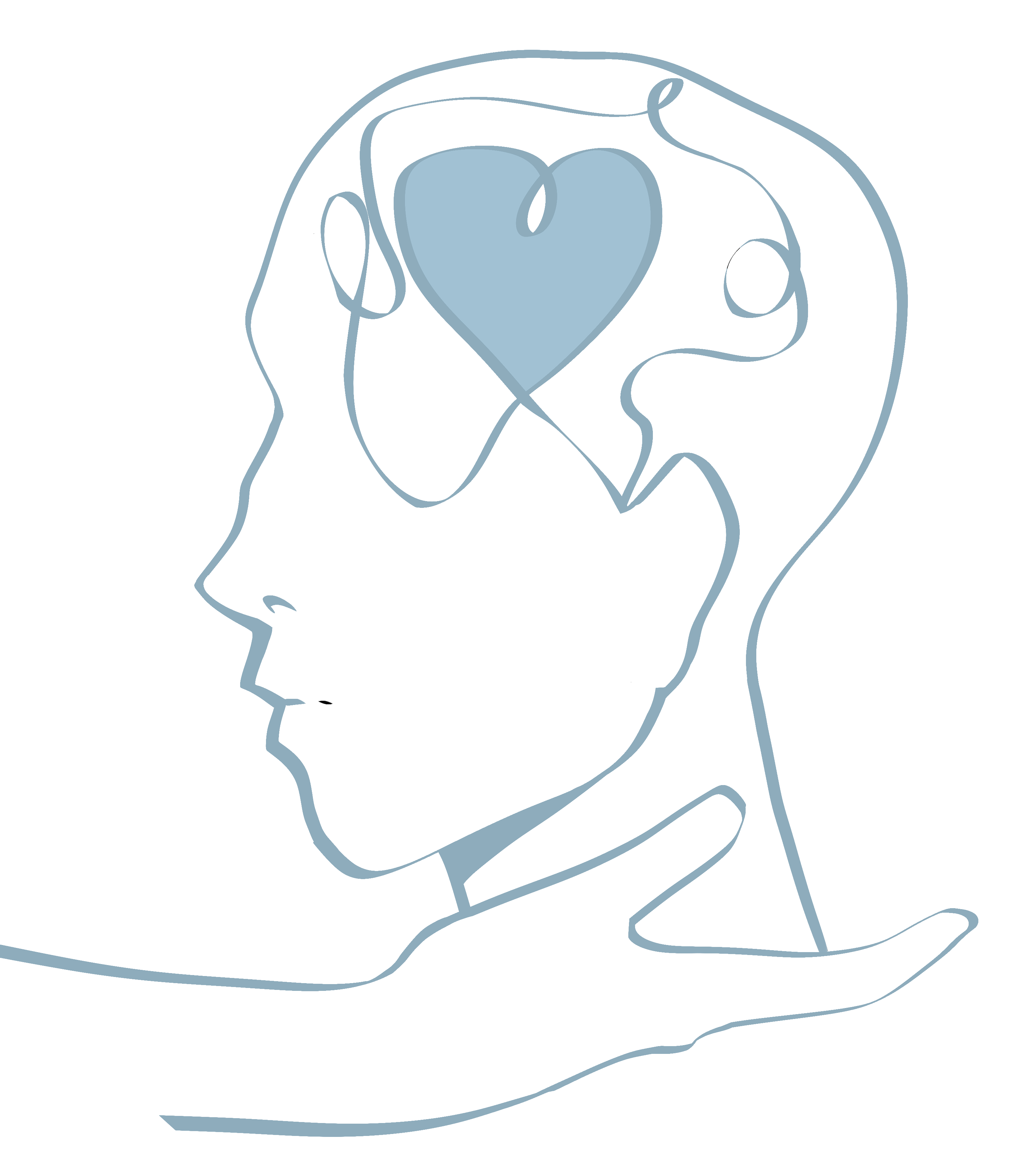What is Self-Esteem?
Self-esteem is how we feel about and define ourselves. The definition may seem simple, but problems with self-esteem lead to challenges in many aspects of our lives. It should remain stable, but it tends to rise and fall. People allow external circumstances to dictate how they feel about themselves. A healthy self-esteem is critical to live a fulfilled life and have positive relationships with those around you. Let’s take a look at what happens when self-esteem is unhealthy.
Problems with Low Self-Esteem
Often people define themselves by what they do professionally (I’m a teacher) or what they believe (I’m a conservative). But that doesn’t really define a person and leads to problems with self-esteem. When people struggle with identity issues or outside influences it’s possible that they will begin to suffer with low-self esteem. Think about the external things we allow into our thought processes that can impact our self-esteem negatively.
- Do they like/love me?
- Do they think I’m smart?
- Will they employ me?
- Will I be asked my opinion?
- Did I get an invite?
- Do I belong here?
- Do I have what it takes?
These are all thought processes that stem from external circumstances. In addition to these questions that fill our minds are the falsehoods we tend to believe over time. Have you ever had such negative definitions of yourself as “I’m useless, I’m hopeless, I’m so stupid, I’m unlovable, I always make the wrong decision”? Statements like these and answers to those questions above can never define who you are and, undoubtedly, lead to problems with low self-esteem. No one is hopeless, useless or unlovable. These are things we would rarely think of someone else, but are quick to pass judgement on ourselves. These thoughts can contribute to depression and anxiety. Many times, people self-medicate to alleviate these negative self-views with poor choices that will make them feel better momentarily – alcohol, sex, drugs, gambling, excessive exercise, food, etc.
Problems with High Self-Esteem
The flip side of the coin is also a problem in people’s lives. People who believe they are entitled or better than others have an inflated sense of self-esteem. They tend to hurt others and disregard other people’s feelings and needs. Even though it’s the opposite problem of low self-esteem, this can still cause strife in all of a person’s relationships.
Healthy Self-Esteem
It’s clear to see that to live a life of fulfillment and contentment, one must evaluate and build a healthy self-esteem based on truth. Establishing the truth about your self-worth and what defines you as “you” is something that can have a positive impact in all of your relationships – personal, professional, parenting, etc. Relationships, families and society as a whole would benefit if we were all operating from a place of healthy self-esteem because we know that hurting people hurt people. So many challenges that people face can be solved with work that starts on building a solid, healthy self-esteem. It’s not easy to work on self-awareness and confront the issues of self-esteem, but it is a worthwhile endeavor when you see the difference it can make in your life.
